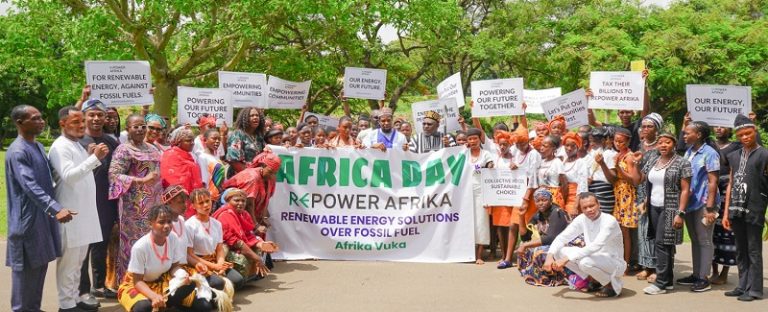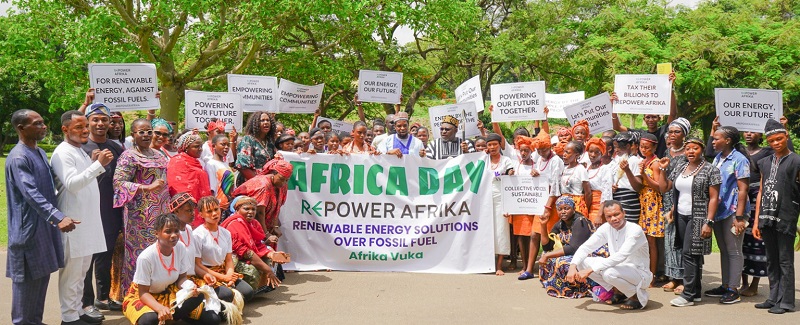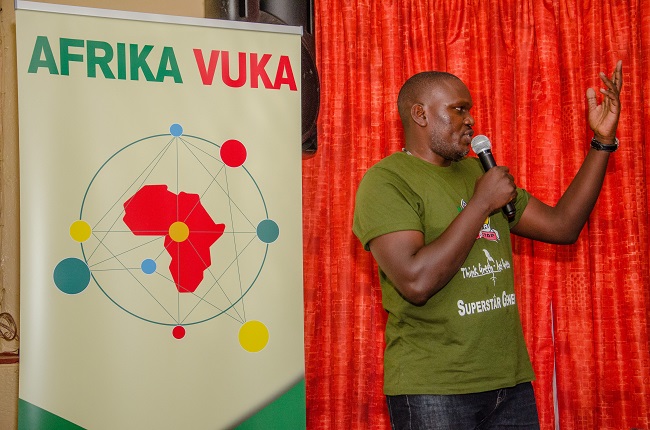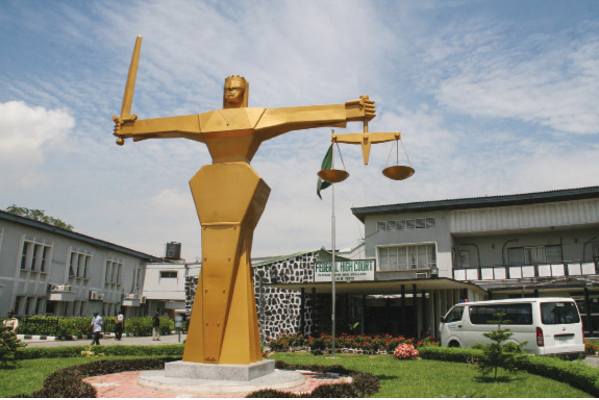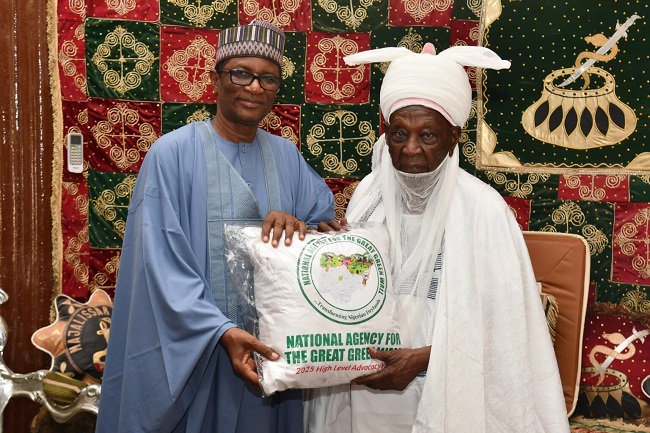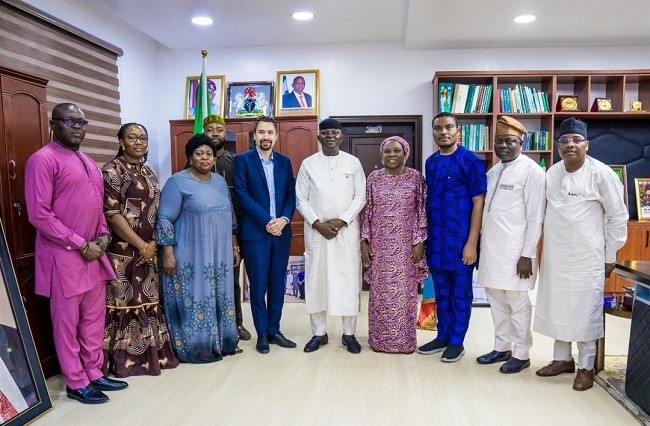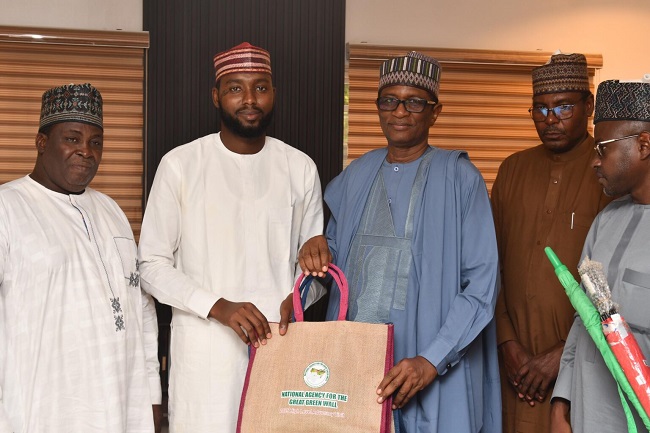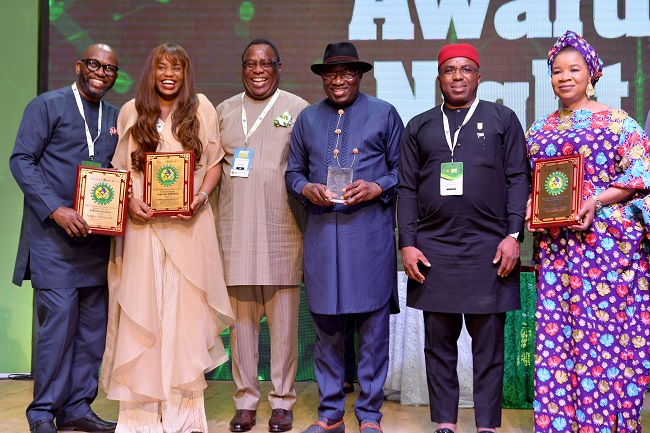Esuk Otu community in Cross River State, Nigeria’s South-South region, has been announced the run-off winner of the Empower Communities for Plastic Sustainability (ECPS) contest, defeating eight other communities from three states to receive the prize of N3 million.
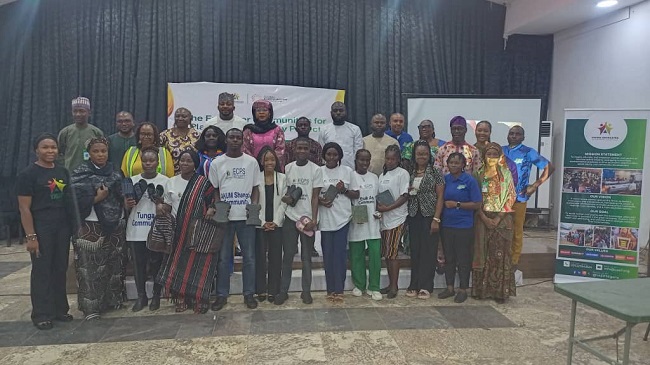
The judges also declared Sharifai Kano Municipal, in Kano State, the winner of the second category, taking home a total of N1.5 million during an event organised by the Young Advocates for a Sustainable and Inclusive Future (YASIF) on Wednesday, May 21, 2025, in Abuja.
The Akum Shango community, in Niger State, took third place and took home N700,000.
The occasion brought together stakeholders from the sustainability industry, including government officials from the Ministry of Environment, civil society organisations (CSOs), and development agencies, as well as media personalities, to discuss how to best address Nigeria’s plastic waste crisis.
With the event’s theme focused on how to empower rural people for a green economy, the keynote speaker, Mrs. Rita Idehai, founder and executive director of Ecobater, stressed the importance of plastic solutions at the intersection of livelihood and sustainability. It also featured a roundtable panel discussion with Mr. Stephen Agugua, representing the International Labour Organisation (ILO); Mrs. Ibironke Favour, national coordinator of UNDP GEF SGP; and Ugochukwu Uzuegbu, Society for Planet and Prosperity (SPP), who deliberated on how to bridge grassroots action and policy to advance sustainable plastic solutions in Nigeria and beyond.
According to Lauretta Jimba, YASIF’s programmes and training manager, the ECPS project was launched by her organisation with support from the Global Plastic Action Partnership (GPAP) to demonstrate YASIF Nigeria believes that real climate action starts at the local level. Additionally, it seeks to establish the groundwork for the development of a grassroots movement that will generate innovative solutions to the nation’s plastic waste problem.
She continued by explaining that, as part of her mission to create a cleaner and greener environment, YASIF has trained more than 1,200 women and young persons, as well as people with disabilities, on how to creatively repurpose plastic and non-biodegradable waste, like old tyres, water sachets, PET bottles, and nylons, into useful items for homes, schools, recreation centres, and workplaces.
There is no doubt that a true plastic sustainability solution is impossible without human engagement. Jimba hinted that YASIF Nigeria’s decision to introduce the ECPS project was influenced in part by this understanding, which demonstrates the organisation’s conviction that effective climate action begins at the grassroots level.
“By equipping people with the tools and knowledge to act sustainably, we are not only protecting the environment but also driving economic growth and promoting social inclusion,” stated the YASIF programmes and training manager.
Other speakers who spoke at the parley called on the government to integrate informal waste sectors, particularly women and young people, to accelerate more opportunities in the plastic waste sector.
Dr. Priscilla Achakpa, founder and global lead of the Women Environmental Programme (WEP), emphasised the need for collaborating and empowering individuals in environmental health.
She stated that her organisation trained, certified, and registered waste pickers in partnership with the Abuja Environmental Protection Board (AEPB) and the federal ministry of environment in an attempt to help address the pollution caused by plastic waste.
“So for me, learning to cooperate is very important. As you go along your way, some of us are working in that area. I just wanted to share this story with you so that it can help you to also continue your work,” the WEP boss asserts.
In her remarks, deputy director, Solid Waste Management and Technology Division, Pollution Control and Environmental Health Department, Federal Ministry of Environment, Mrs. Falmata Bukar, underscores the urgency of addressing the problem of plastic pollution across the country.
Bukar, who was represented at the event by assistant chief chemical engineer, Kalu Lawrence Okechukwu, recalled that plastic pollution has raised global concerns due to its inimical impacts on the ecosystem.
She pledged that the ministry would support any initiative to address the country’s poor plastic waste management, particularly its partnership with YASIF Nigeria through essential programmes to increase sustainable development education and encourage communities to embrace inclusive and participatory practices that lessen plastic pollution.
The deputy director also praised YASIF Nigeria’s community empowerment programme as a great way to combat poverty and plastic waste.
In actuality, plastic pollution continues to be a significant environmental problem that hinders Nigeria’s socioeconomic development. According to several studies, the nation is a hotspot for plastic pollution, with an annual emission rate of 3.5 million tonnes, second only to India.
The ECPS initiative, which was initiated by YASIF, is unquestionably one of the options if the country is to address this challenge; it is a glaring example of how “a waste-free, greener Nigeria is possible” when everyone works together.
By Etta Michael Bisong, Abuja

